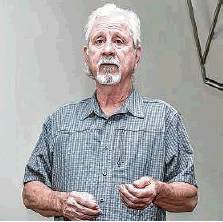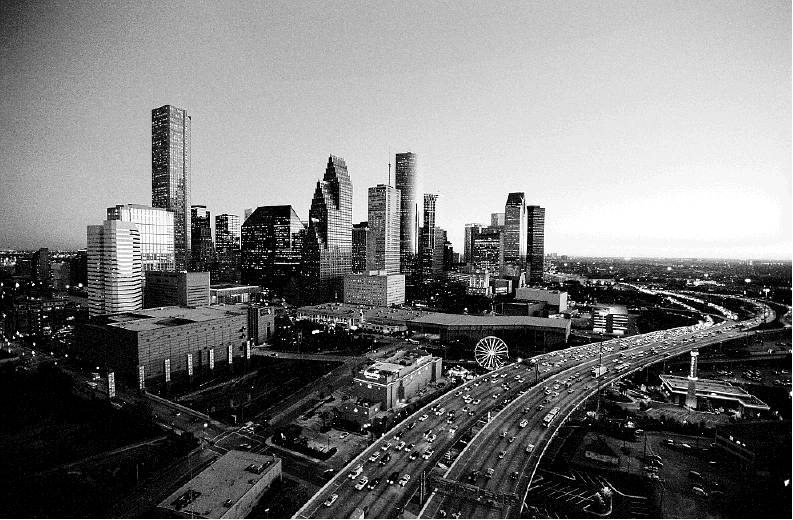PROPERTY RIGHTS
Judge says UH can be sued over photo use
By L.M. Sixel
The University of Houston brushed aside a Houston photographer’s claim two years ago that the public university should pay for a photo it used without permission in web and print publications, contending the university has sovereign immunity, a well-established legal principle that protects a state from getting sued.
But arecent ruling by a state district court judge in Harris County would force the university to show up in court after all.
Judge Caroline Baker rejected the university’s argument that it can’t be sued for unlawful “taking” under the Texas Constitution, which prohibits government agencies from taking private property without adequate compensation. The argument is typically associated with real estate, rather than intellectual property, but the idea is the same: When the government takes a person’s property to build a road or use an image, the owner must be compensated.
Houston photographer Jim Olive, who has made a career out of getting difficult and dangerous aerial shots from open helicopters, has been fighting with the university ever since he discovered it used his photo of the Houston skyline to promote the university’s C.T. Bauer College of Business and removed Olive’s name from the credit line. Olive said he was ecstatic that the case would go forward
“If we win this case, it opens the door for others photographers to go after the state if it takes their photos,” Olive said.
Mike Rosen, spokesman for the UH System, said the university will appeal Baker’s ruling. He declined to comment further.
In court pleadings, the university argued that Olive’s lawsuit must be dismissed because the public institution has sovereign immunity. The university, which is represented by Texas Attorney General Ken Paxton, also argued that property taken by the government must be for public use, referring to earlier cases involving pipelines and parking garages.
Olive can’t show that publishing his photograph “on the university’s website was made for the sort of public use which requires compensation” under the Texas and U.S. constitutions, according to a court filing by the university.
Olive, a professional photographer for five decades, specializes in skyline photos. He realized his photos are routinely used without permission or payment, so he hired a company to track down offenders. Olive then sends letters about his ownership and bills. Most pay up.
But he didn’t get anywhere when he discovered the University of Houston had used one of his aerial photos of the city for years to promote the university’s business school. The photo, titled “The Cityscape,” was shot by Olive while he was suspended from a helicopter in a harness.
Olive sent the university a bill for $41,000, including $16,000 for frequent use of the photo and $25,000 for stripping off the credit. The university quickly removed the photo from its website but refused to pay Olive’s bill, instead offering $2,500 in a take it or leave it deal. UH officials reminded Olive in correspondence that it was immune to a lawsuit.
If Olive’s case succeeds, the unlawful takings argument could become a valuable tool in pressing intellectual property rights, said Steven Mitby, a Houston lawyer specializing in intellectual property.
“This opens the door to many property rights claims,” Mitby said. lynn.sixel@chron.com twitter.com/lmsixel

